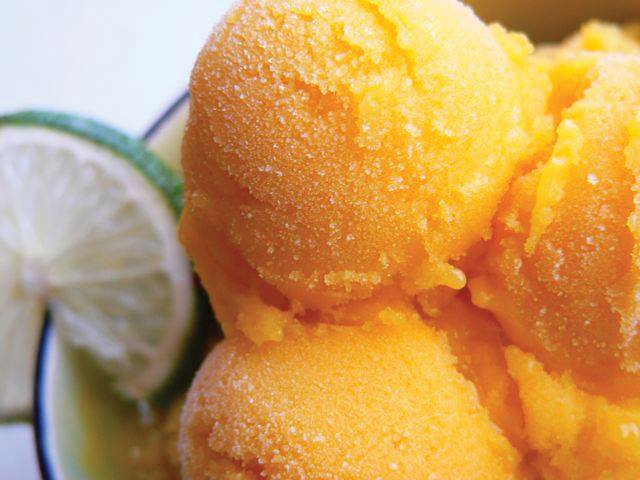University life can pose a challenge to maintaining healthy eating habits. From sugar-filled bars grabbed swiftly on the way out the door in the morning, to late-night cups of Tim Horton’s, the rigors of academia do little for the average student’s physical health. But stress-eating processed candy and grabbing rushed slices of pizza can be detrimental for mental health too, as research shows an important link between gut health and mental health.
While we may think of our bodies as belonging to ourselves, we are actually home to millions of microorganisms. These microbes, which include a variety of bacteria, viruses, and fungi, have tremendous potential to impact our physiology as they colonize many parts of the body, including the gut.
In turn, a 2017 University College Cork study suggests that gut bacteria may influence their host’s anxiety and depression. Increasing the number of ‘good’ bacteria in the gut can reduce stress, improve memory, and lower social anxiety.
Mariia Taguer, a third-year PhD candidate in Microbiology and Immunology, studies the community of diverse microorganisms living in the gut, which is collectively known as the gut microbiome. In addition to improving mental health, Taguer considers having a strong microbiome to be of great importance, as it impacts the immune system.
“[The gut microbiome] helps to clean our immune system,” Taguer said. “A lot of diseases we’re finding now, like inflammatory diseases, [relate] to how our gut microbiota [work with] the immune system. This is really based on […] disturbances to our gut microbiota […] in our early years, which can lead to an altered immune system [.…] It helps to digest a lot of our food [by breaking down] certain foods down for us. Fibre, which we can’t digest ourselves, is [broken down] by [gut] bacteria.”
For students looking to boost their mood, diet is an easy place to start. Instead of reaching for coffee when feeling under-the-weather, students should reach for a mango. Packed with healthy fibres that gut bacteria thrive on, the fruit is bound to improve stomach health—which can improve mental health, too.
Healthy eating habits are not a substitute for therapy or medication. If you are struggling with mental health, McGill offers both counselling and psychiatric care.
Mango and lime sorbet recipe
Makes 4 servings.
Ingredients
-
500g frozen mango chunks
-
1 lime, zest and juice
-
100ml coconut water
-
1 tbsp caster sugar (optional)
-
200g fresh raspberries
-
100g fresh coconut shavings
-
Fresh mint to garnish
Instructions
-
Place half of the mango into a food processor. Add both the juice and zest of the lime to the mix. Process the ingredients until they are well mixed and the sorbet is formed.
-
Taste your sorbet for sweetness. Add sugar to taste.
-
In order to achieve the consistency you like, gradually add small amounts of mango and coconut water until you’re satisfied.
-
For a fun way to plate your sorbet, place a few berries in the bottom of a clear glass. Add a couple spoonfuls of your sorbet on top of the berries. Decorate with more berries, shaved coconut, and a pinch of fresh mint.
Recipe adapted from Love Your Gut.









